DataArt on Hack (Make) the Bank Hackathon
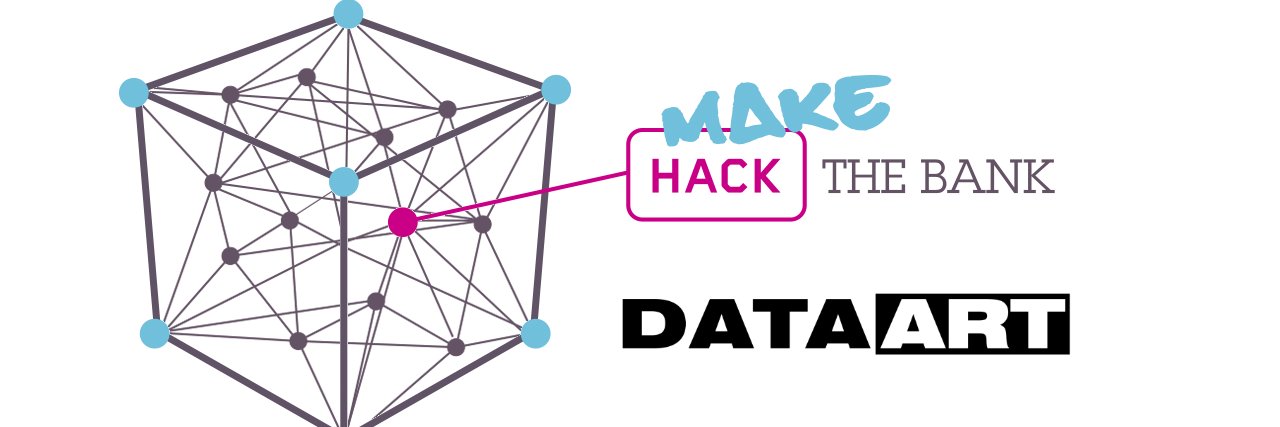
Edinburgh. Innovators, entrepreneurs. Designers. Software developers. Gin and whiskey tasting. Massage. Kilts Bagpipes Children. Workshops. Fresh ideas. Sessions with mentors. Awards Cocktails. Mix it all up and get a general idea of the future of banking.
From 9 to 11 October, the Royal Bank of Scotland and the Open Bank Project conducted the Hackathon banking “Hack (Make) the Bank” at the RBS Technology Solutions Center in Edinburgh. The event provided an opportunity for innovators, designers and software developers to come together and work on applications that can improve the banking sector - whether it is developing additional digital offers or alternatives to traditional banking.
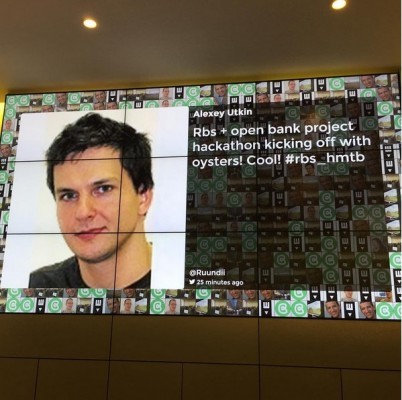
')
My colleagues from DataArt: Anton Krasikov, Denis Baranov and Sergey Kharchenko - visited the hackathon and were pleasantly surprised by the level of organization, the atmosphere of openness, extensive support and useful feedback.
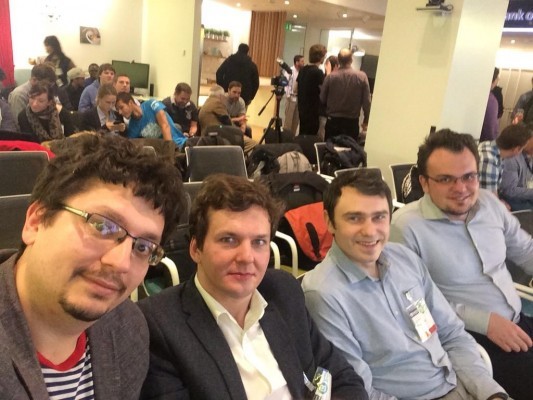
Scheme of 18 competing projects, created by one of the visitors:
Projects competed in three main categories: “Bank Support” - to make the bank more sustainable using data and analytics (based on artificial intelligence or API); “Undermining the modern banking system” - to make the existence of a bank meaningless and outdated with the help of mobile and wearable gadgets, social interaction and blockchain; "The best use of technology."
Three teams won: Rooster Bank, Sign of the Times and Seed Finance. Participants were awarded self-balancing electric scooters, Apple watches and Oculus Rift developer kits.
Some visitors came with children who, surprisingly, extremely well fit into the format, participating in the presentation of projects designed for the younger generation. The most interesting among such projects was the winner of Rooster Bank - an educational application that shows children in a playful way how to properly manage pocket money.
The presentation of our application Pulsation, which tracks the physical exercises that the user does and rewards them, was also highly appreciated by visitors. Unfortunately, the development team did not go home on electric scooters.
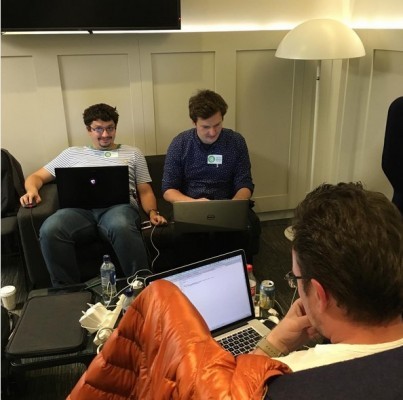
We want to note the following projects:
Common Purpose is an application for event organizers. It is remarkable that it removes the need to collect money from the participants themselves, thanks to the use of one-time bank accounts.
Golden Egg is a gaming application, clearly inspired by the famous Tamagotchi. Character health directly depends on your financial success.
Seed Platform is an application that monitors transactions and is based on their financial profile. More flexible and informative analogue of the credit points system. Example of work: the user wants to buy a car and sends the required data using the application (monthly income + credit history to the car dealer).
Affinity is a rating application of selected bank representatives that the user wants to deal with. After the user selects the most suitable option, the bank itself communicates with him through the application, video link or by phone.
Pudl is an application that allows users to divide financial debt to a bank into several people in order to avoid interest payments. In fact, your lenders are friends, not banks.
In addition to technical innovations, the hackathon pleased with a lecture on whiskey with its subsequent tasting, the ability to put on a kilt and play the Scottish bagpipes.
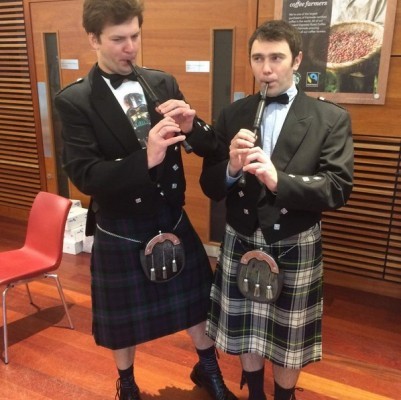
Author: Alexey Utkin, Financial Services Practice Leader.
Source: https://habr.com/ru/post/296390/
All Articles